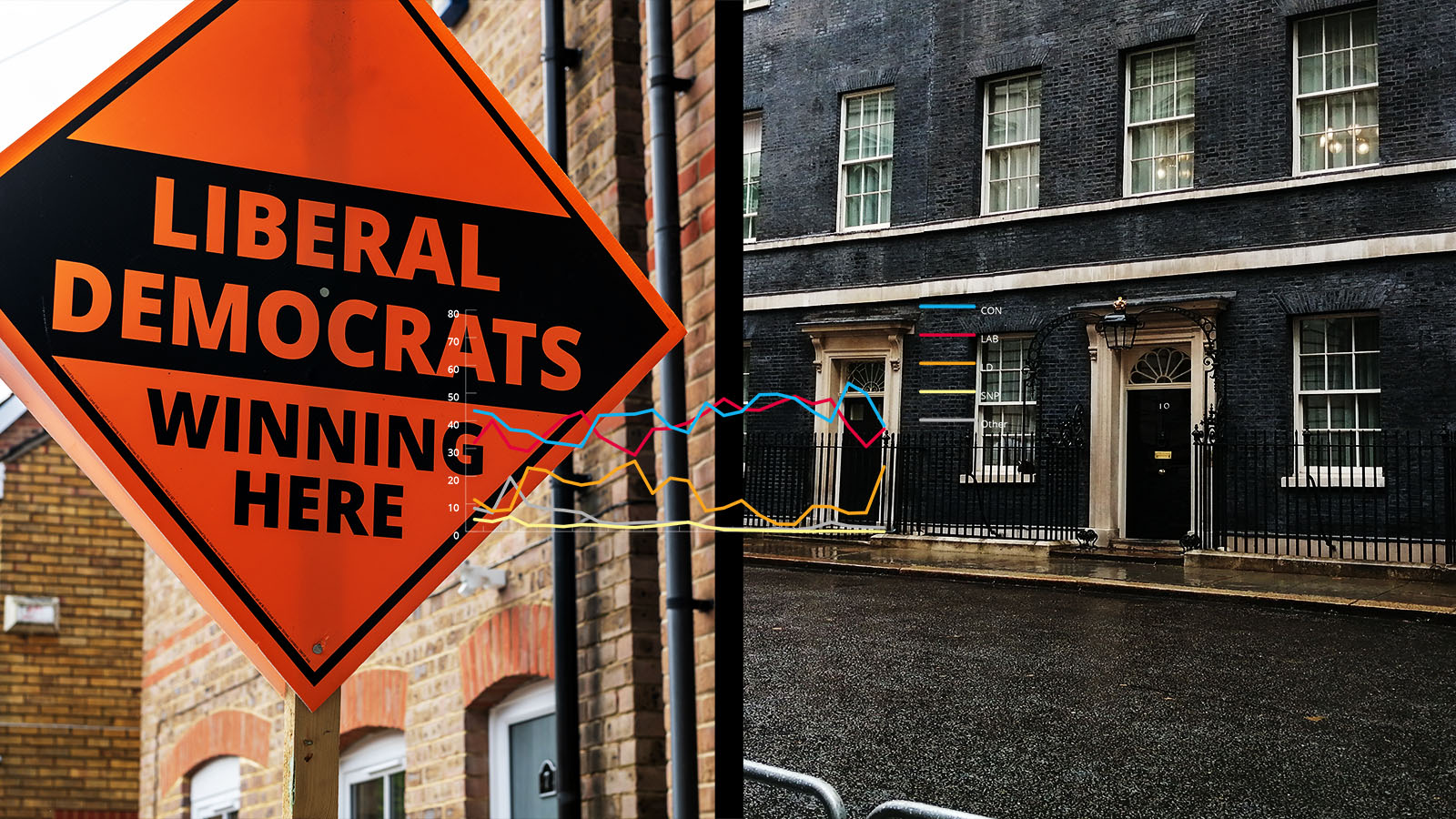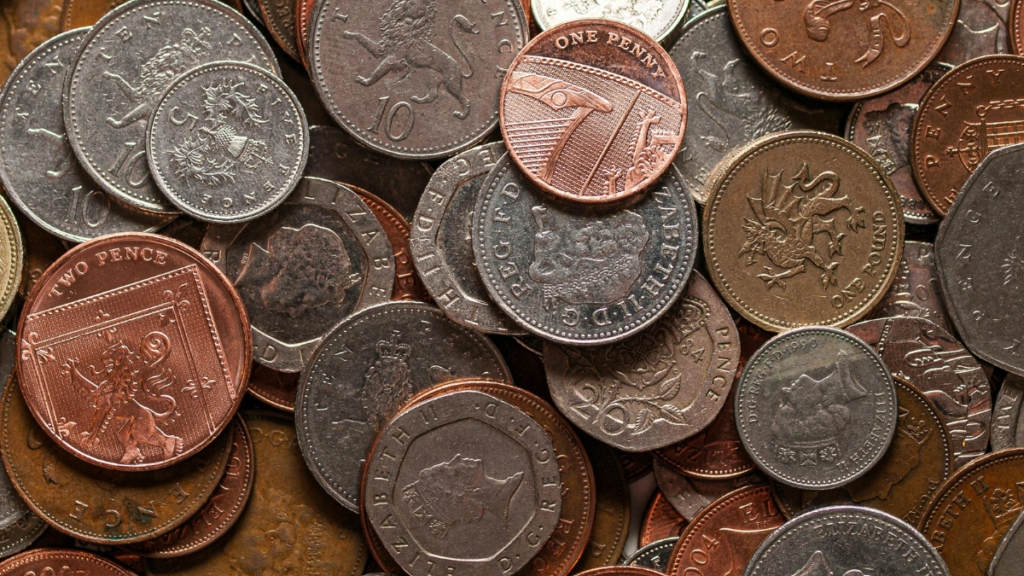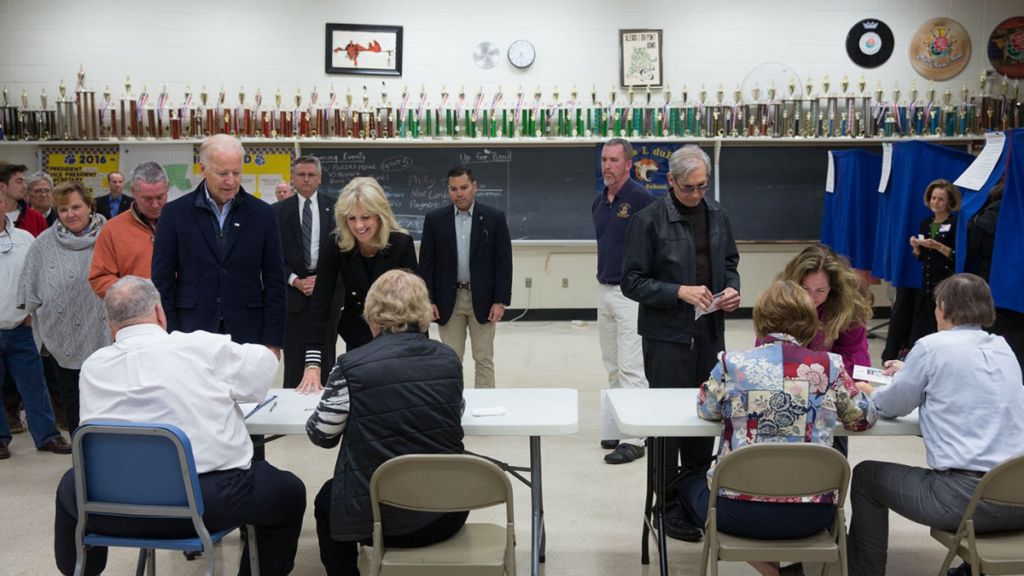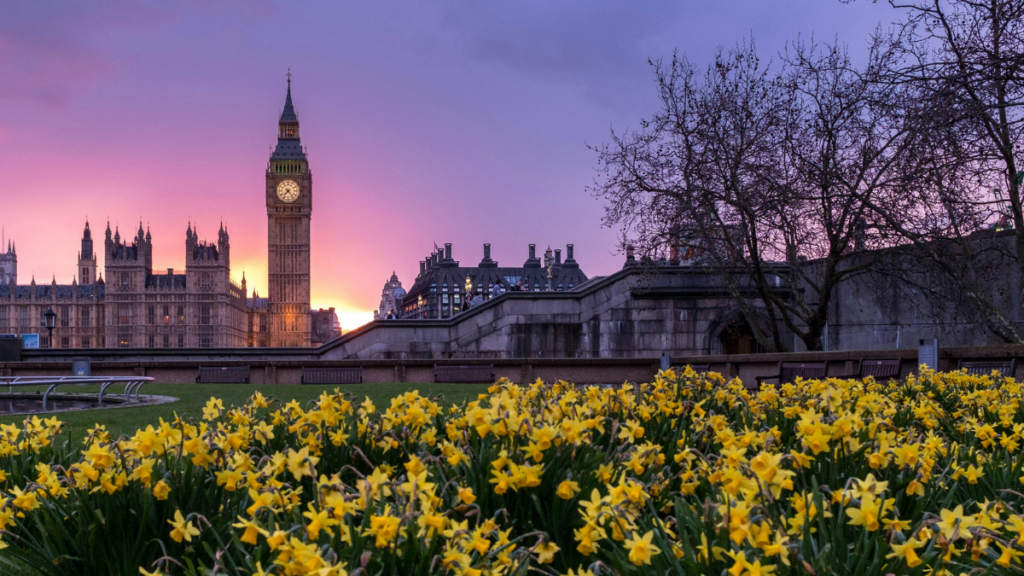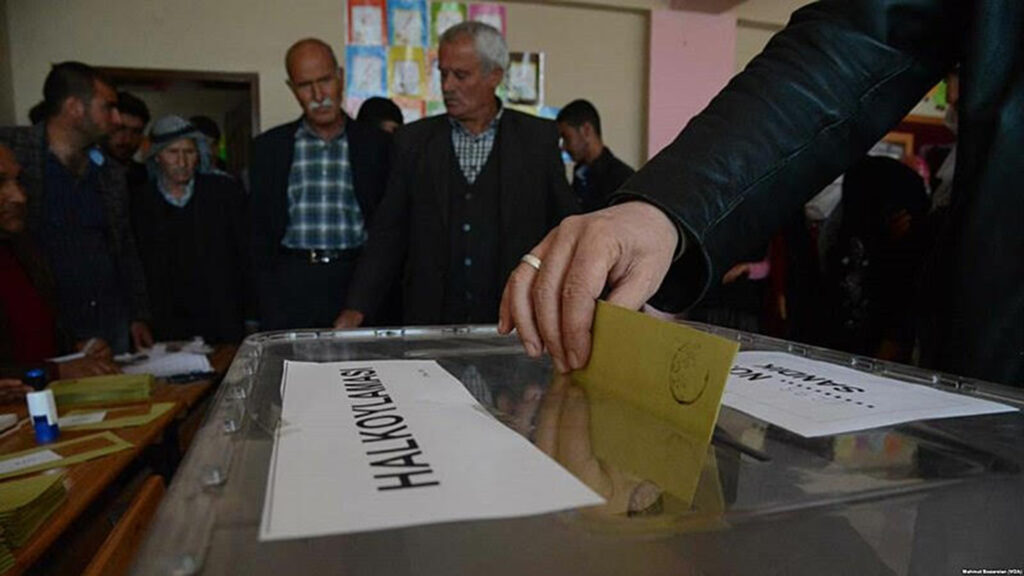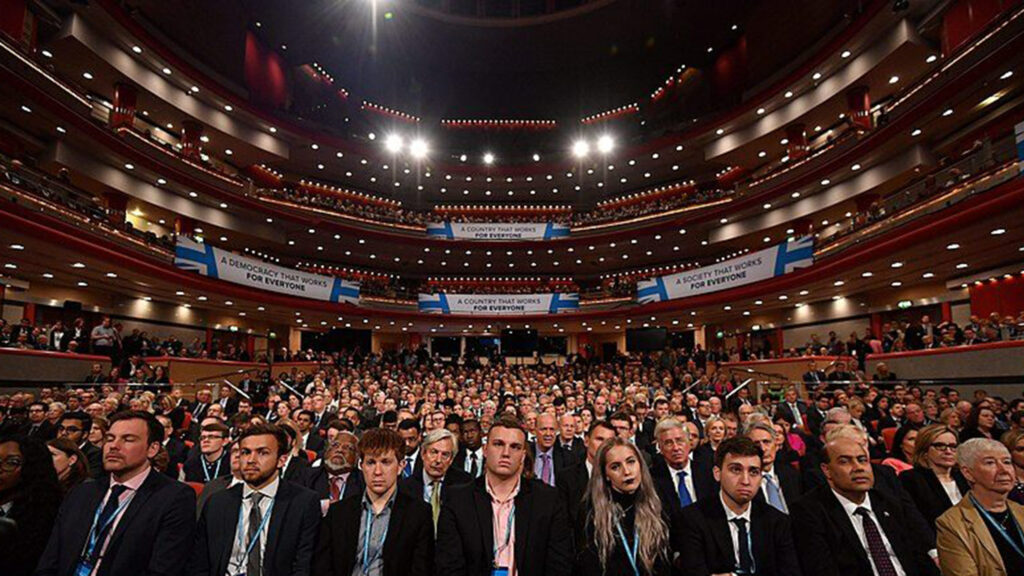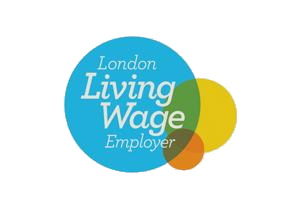The Conservatives suffered in the local elections. There were bright pockets across the country where the party gained seats including the north of England, and surprisingly in the London boroughs of Harrow, Enfield, and Croydon. Whilst Labour performed well in the face of Tory woes, it must not be lost on politicos that this was a favourable cycle of local election races for them, and some rather large Labour council scalps were taken by… the Liberal Democrats.
Liberal Democrat surge?
Often the footnote of an election, the Liberal Democrats witnessed some remarkable results including winning majorities on Woking, Somerset, and Hull City councils. This string of success amounted to the gain of 224 seats – the most of any party. Consequently, the Liberal Democrats are in their longest period of sustained double-digit polling since the 2019 general election. If this incremental rising in the polls continues, that will have some vulnerable Conservatives begin to distance themselves from the Prime Minister and his string of missteps.
Local election results and parliamentary by-elections over the past 18 months have shown a dire loss of support for Johnson in Tory shires across the Home Counties. Many ‘remain’ Conservative voters resent him for his role as the architect of Brexit. Some dislike his inconsistent, expansive economic policy. Other, more Burkean conservatives, have repelled the Prime Minister for his perceived dishonesty and disregard for the rules.
The Liberal Democrats are keenly aware of this shift and are accordingly targeting 20 Conservative-held seats at the next election. At current polling levels, the Liberal Democrats would win about 12 of these targets including Winchester, Wimbledon, Cheadle, and Esher and Walton – home to the Deputy Prime Minister.
Having risen by around 3% since early April, this is enough to deny the Conservatives a majority – and Labour. Labour has, in fact, fallen in the polls since the local elections. Before, they were fairly consistently polling at 40% or above, and now they are nearly (with few exceptions) polling under 40%. Might a Lib-Lab electoral pact be on the cards? Murmurings are being heard.
The Conservative blues deepen
68% of Britons now think the British economy is doing worse than it was in April 2021, with just 9% thinking it is doing better. 64% of Britons are now finding it harder to meet their monthly household budgets – this is the highest level since August 2011. 82% think the Government has handled the cost of living crisis poorly.
For a Conservative Government’s economic agenda to be plagued by such overwhelming disapproval marks a distinct opening for Labour to go on the offensive. According to a poll from Kantar, Labour have already taken the lead on various economic issues including trust to reduce the cost of living, and even confidence in improving the nation’s economy. A Redfield and Wilton poll found similar – that British people regard Sir Keir Starmer as more capable of building a strong economy than Boris Johnson.
Labour isn’t outpolling the Conservatives drastically when it comes to the economy, but even the smallest lead over the party that has built its reputation on sound economic management is significant. Now, a quarter of the British people think that the most likely outcome of a general election is a Labour majority. When Labour can reclaim the economic agenda, and when it can overcome electoral doubts, that is when success is viable.
Not only has infighting amongst Conservative parliamentary ranks been seen this week, but among their voters too. According to a Savanta ComRes poll, just 53% of 2019 Conservative voters think the party would be the best to handle the cost of living crisis. There comes a point of no return when Labour’s potential for success is realised, the Tories lose the economic argument, and when the Prime Minister is widely regarded as a liar unable to convince his own party of his economic policy’s integrity.
Based on UK-wide polling, the following results could be expected if a general election were held today:


